Ibizan Transcendence
The David Leppan Interview
David Leppan on big data, disruption and the path that led him to Ibiza

»Ibiza taught me to be more tolerant of what is real and less tolerant of what is not.«
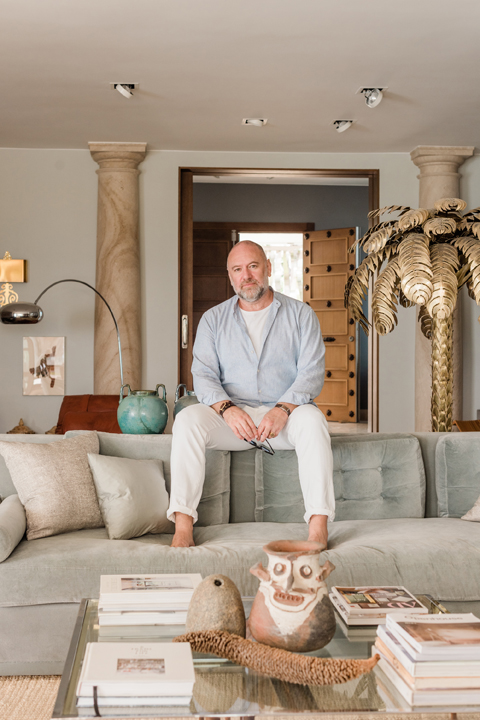
You are originally from South Africa, but you came to Europe at very a young age. What was it like for you?
I arrived in Europe as a student on the 26th of January 1991. It was freezing cold when I came to Austria on that day, just about -20 degrees and I found myself in a tiny little village near Salzburg with more cows than inhabitants. I’ve never been so cold in my life before, and apart from a handful of snowflakes, I’d never seen snow. It was shockingly white like a colouring book, quite surreal.
But the first encounter with Europe was my first trip to Ibiza when I had just turned 13 and visited my father and my stepmother in the summer holidays. After two weeks on the island, I was at the bottom of this hill where I live now, when I suddenly had this deep sense of being home.
That was a very strange feeling for me because I had gone to boarding school from the age of five and the idea of home for me had been a very loose one. I had grown up, in effect, more at school than at home. So, to come to a foreign place like this and not speak the language, but feel at the age of 13, so incredibly welcomed was something that stayed with me, and I never forgot it.
In the first phase of your life, you made a career in London and established yourself successfully…
London and Singapore were kind of home. And I’ve spent the last 20 years working in the big data business. Data that is used to prevent or to fight crime.
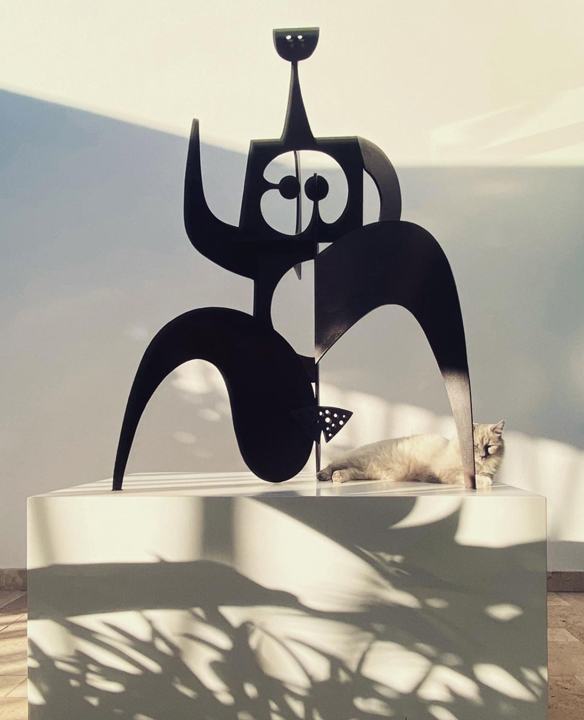
When did you realise that big data could become a really lucrative business model?
I landed a job in the City of London working for the consultancy firm Thomson Financial, and I was in the division that dealt with supplying payment data. The least interesting thing on earth, one might think. But for my clients, the banks in Switzerland, Luxembourg and Lichtenstein, it was pretty important. They all had to know who they could and could not transfer money to.
When I started working in that niche, there was a relatively short blacklist for the whole world with just about 3,000 names on it, and this was of course far too few and already a real concern for the banks. So, at their request I created a much bigger list that turned into a data base that became an early warning system about certain people and players on the international scene.
Just before 9/11 I quit my job at Thomson and started my own business, focusing specifically on this need. After the September 11th attacks everything changed and the need for substantial KYC data increased heavily, of course.
Was it a big challenge to start this new chapter?
I remember talking to my wife … I said I didn’t think we’d to get rich from this, but it’ll be our own little business anyway. She was fine with that but suggested not to employ too many people at once as this might complicate things. I agreed as I thought that a core team of five would be enough. Some years later, by the time we sold the whole business to Thomson Reuters ironically, we were an operation of 500 people (smiles).
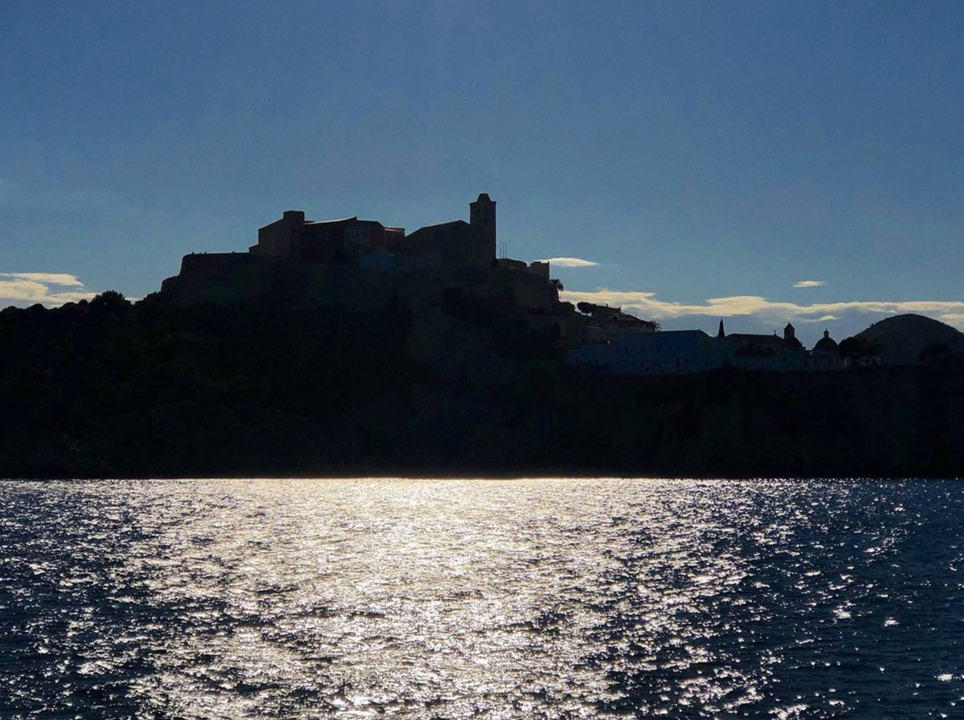
What was the biggest challenge along the way?
It was not difficult to find some really smart people. We needed a database that we could populate, it needed to be highly structured and to be able to run the service on servers. The demand of course, was growing almost exponentially.
The biggest challenge was that this was all being done manually. There is no software for data collection that at the time was intelligent enough to automatically compile the names and draw the right conclusions. So, the vast majority of those hundreds of people were in research. Smart people combing through vast quantities of information and then piecing together these profiles.
And eventually you became a Londoner, didn’t you?
Yes, I’m very lucky that I carry a British passport. My mother’s family were river people, tug captains, they worked on the Thames. So, I have a fairly long family history with that river, and it brings me great joy to fly all the way up the Thames coming from the channel every time when I fly from Ibiza to London City Airport. There is always a great sense of coming home, which I love about London.
This city is to me the most international city that I know, and I’ve travelled quite extensively. New York is predominantly an American city, and Paris is predominantly a French city. Even through the stupidity of Brexit, London has transformed substantially over the last 25 years and still remains one of the great capitals of the world.
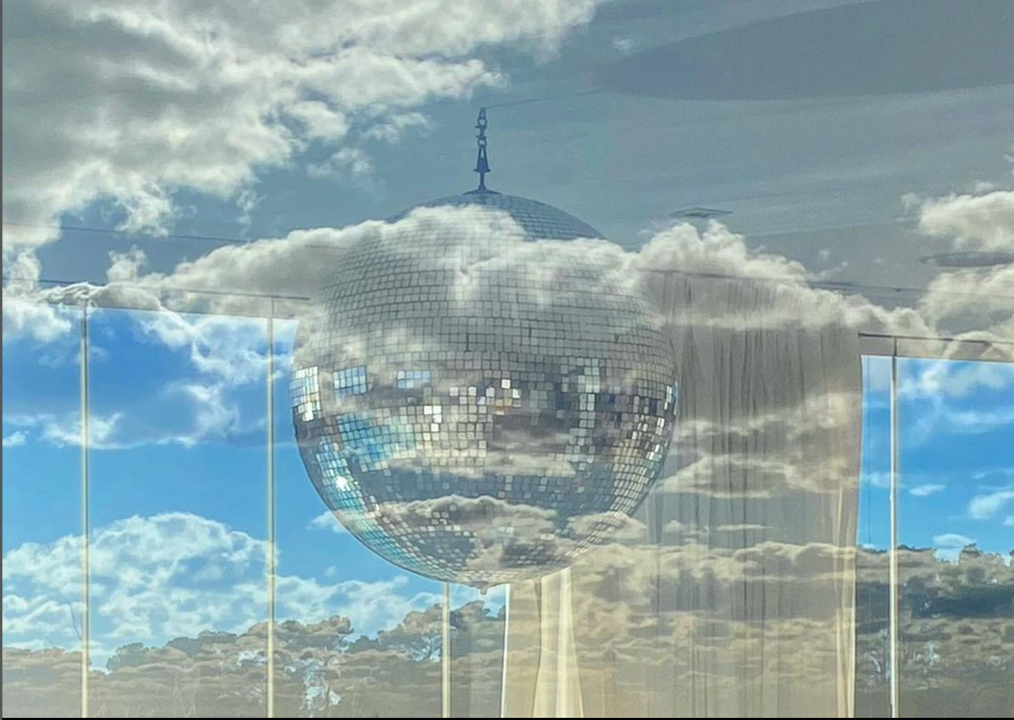
Let’s go back to Ibiza. What did and does this island teach you?
The island taught me to be more tolerant of what is real and less tolerant of what is not. This is something that the city seldomly does. Cities teach you the reverse. They teach you to be more tolerant of what is not real. All of this gimmicky nonsense you’re sitting on, this carousel, going round and round with crazy music. You think you’re making progress and moving forward, but you’re just spinning in circles. But we keep doing it, make a lot of money, but we’re not living better lives. We burn ourselves out by continuously chasing our tail.
But Ibiza has done the reverse for me. Here I cross paths with people who have a very different background from mine, but I know we have something in common because we all have chosen this place as our home. If it’s not deeply authentic, I can’t be bothered. My star sign is Taurus and things need to be very real.
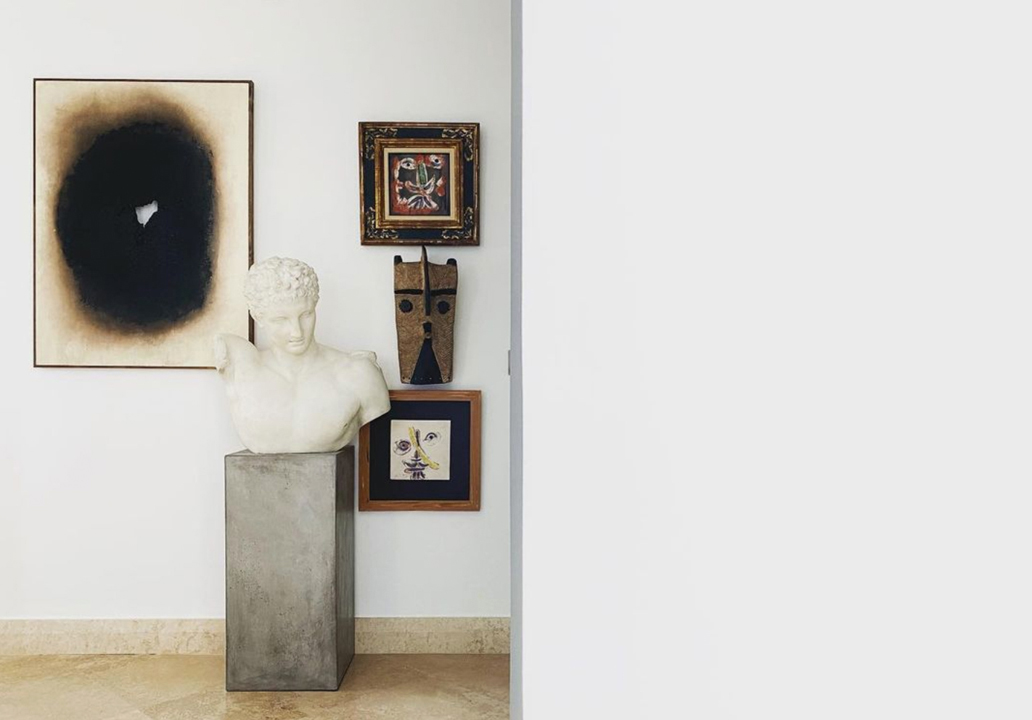
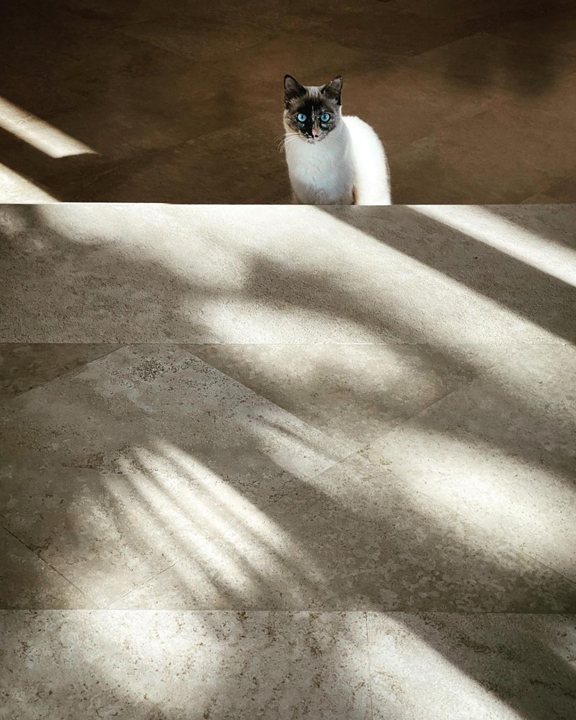
So, are you still inspired and enriched by the social life in Ibiza?
Yes, of course, but I’m also extremely happy at home on my own. I go down to the cove and I go in the water every morning. All of these routines, which some would call rituals, help you reach points of clarity. I think that’s one of the most important things, because we live in a world where we are constantly bombarded, and we have less and less downtime. Here on the island, I always have a very good balance between running the show and my precious downtime. That in turn, allows me to reach a point of greater clarity.
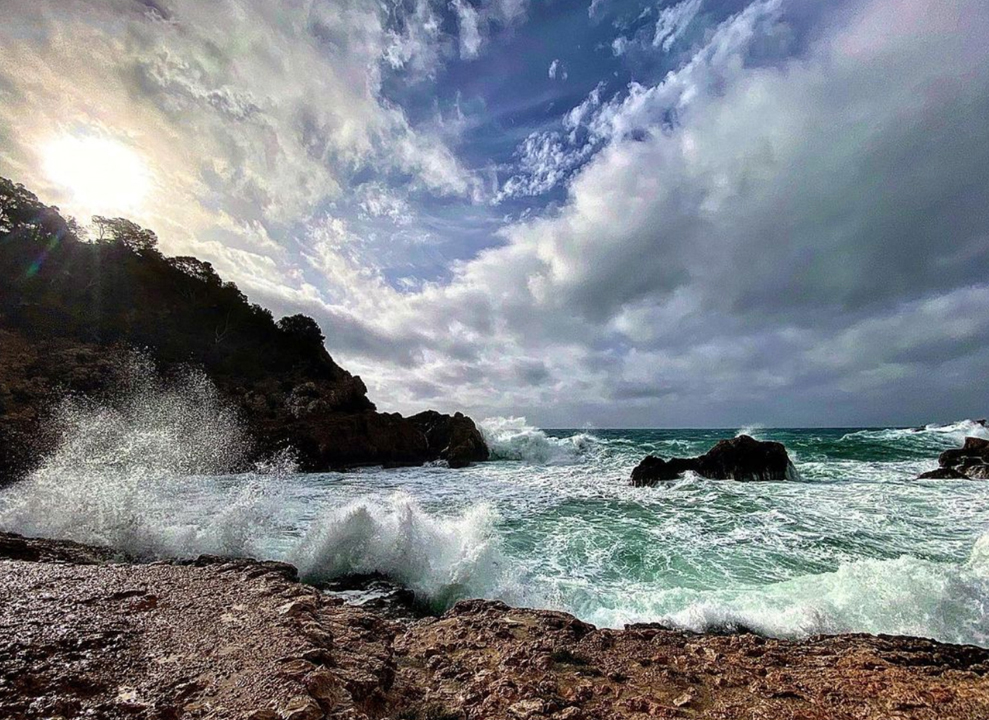
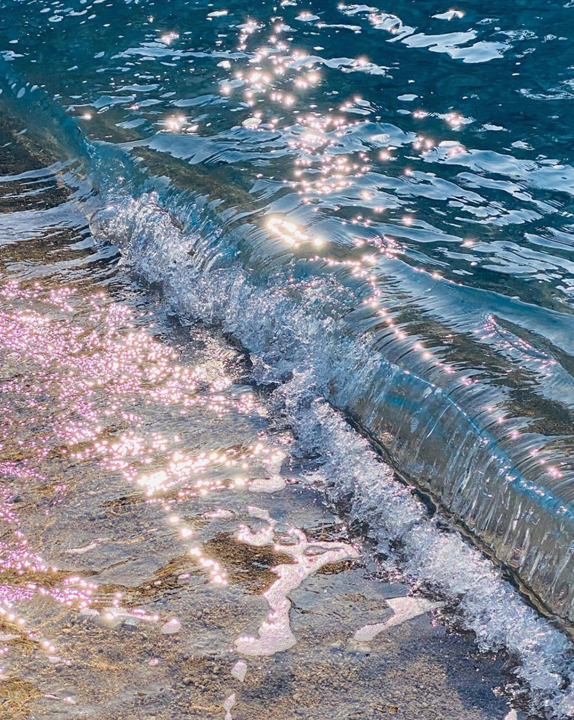
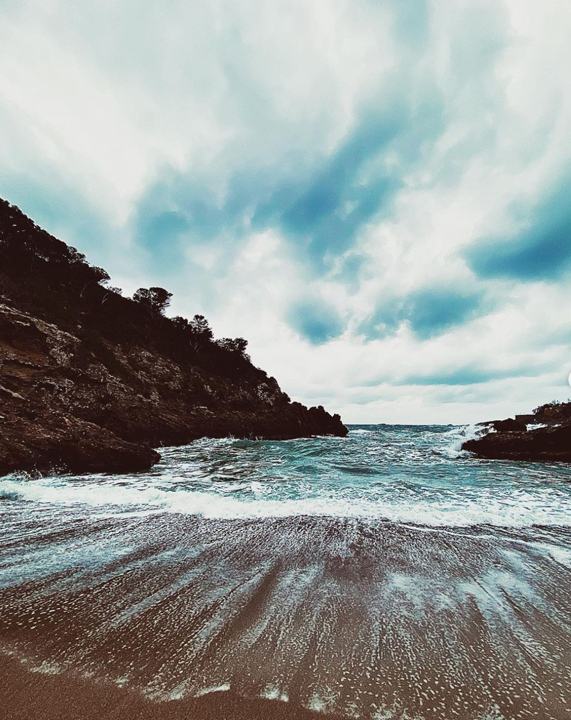
You once stated: “You will have understood the meaning of life when you are comfortable giving more than you receive, but smart enough to know who is worthy of receiving it.” Can you pinpoint when you gained this ability in your life and how?
When I went off to boarding school at the age of five, I had to know from a very early age who I could trust because that was my new family, my pride of lions. South Africa was a very aggressive society, so I had to get better at reading people. But as you know, insight comes slowly, it comes in layers (smiles).
You are known for being a very good host. What do you like about being a host and connecting people? What drives you?
I enjoy bringing a mix of people together and I enjoy sharing this home and this island with them. I’m so focused on rest, which I think is incredibly important and sadly undervalued in our society today. And I think this is one of the major problems we have and one of the reasons why we have so many issues with depression, suicide, etc. People are not resting. They’re not sleeping properly. I don’t think we’re eating properly either.
My home became my little bubble, where I can bring together some remarkable people whom I’ve known for years, and some I have only just met. Over the last two years I had friends who stayed here with me for two to three months. Without Covid I would never have had the opportunity to spend so much quality time with my closest friends. So suddenly there was this unique opportunity to spend that time with people.
For me, hosting means creating an environment where people come together, feel great, sleep and eat well, the conversations are fascinating and then suddenly it’s magical. I don’t need this house if I’m not prepared to share it. The greatest compliment to me is if they choose to call my home their home.
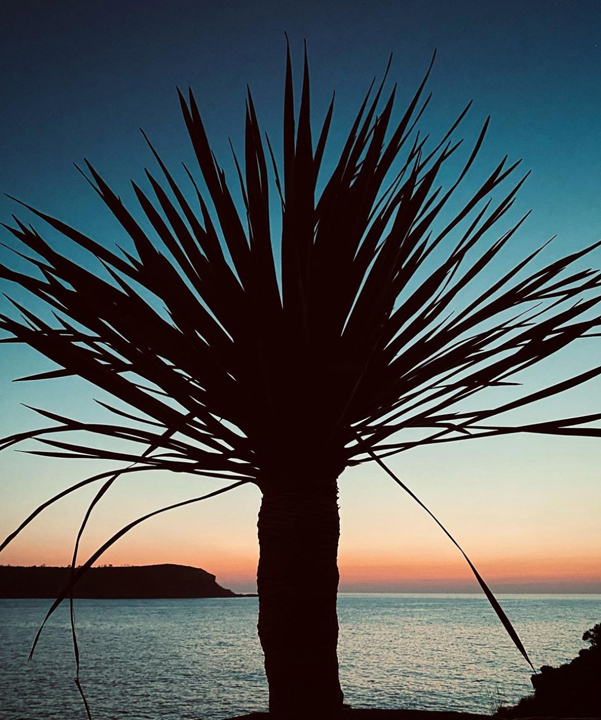
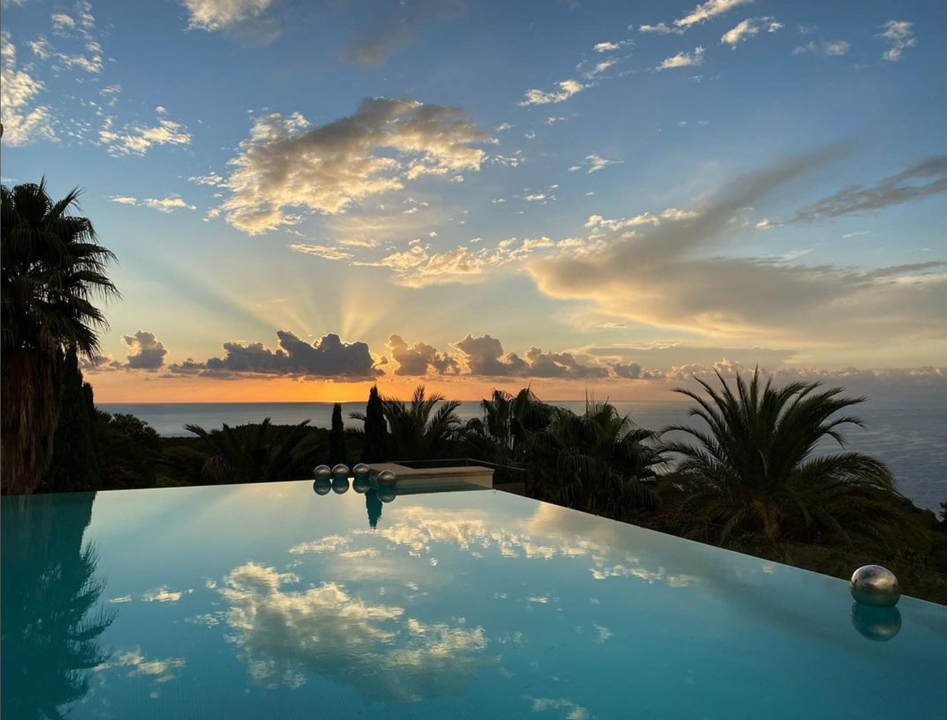
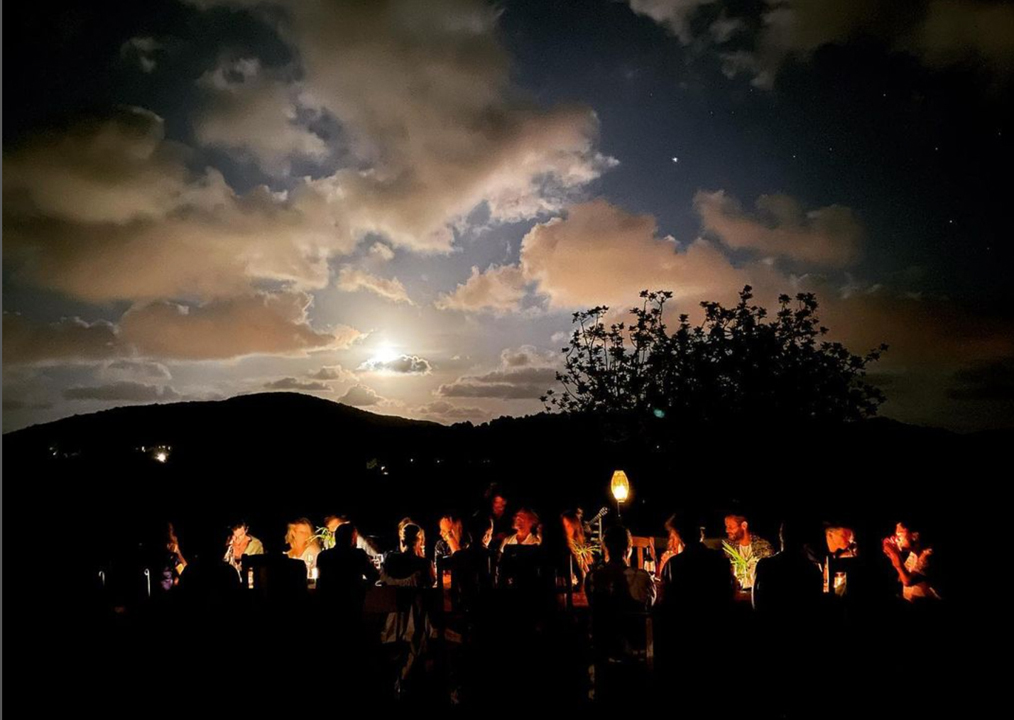
And that’s also the initial idea for Los Patios, isn’t it?
Yes, Los Patios is kind of an extension of that. I realised the potential for it when my eldest daughter was at school in Ibiza. When she started, there were 80 kids and by the time she finished, which was a few years ago, there were over 600 in the same school. The world had changed, and I realised that a lot of people came from the big European cities to make Ibiza their principal home, people who still wanted to interact among themselves.
As much as we love the tranquillity on the island, we need a place in the wintertime, where we can gather as a community of very international and open-minded people. And a place where we can escape to in the summertime because it’s such a circus out there from May to Mid-September. That’s the purpose of Los Patios.
When will Los Patios open its gates?
Very soon, I hope. Maybe the last two years have brought about some kind of awakening on the island and among the authorities that will allow things to speed up.
Los Patios is based at a 2,500-year-old farm with 13,000 square meters of gardens where the old La Masia once was. We will have multiple restaurants and bars which will be open all year. It’s focused on the community that lives here and it’s everything that the island says it wants.
We will probably employ about 150 people, which is a precious contribution to the community on the island as well. We are willing to invest quite a substantial amount and hope to be ready within this year.
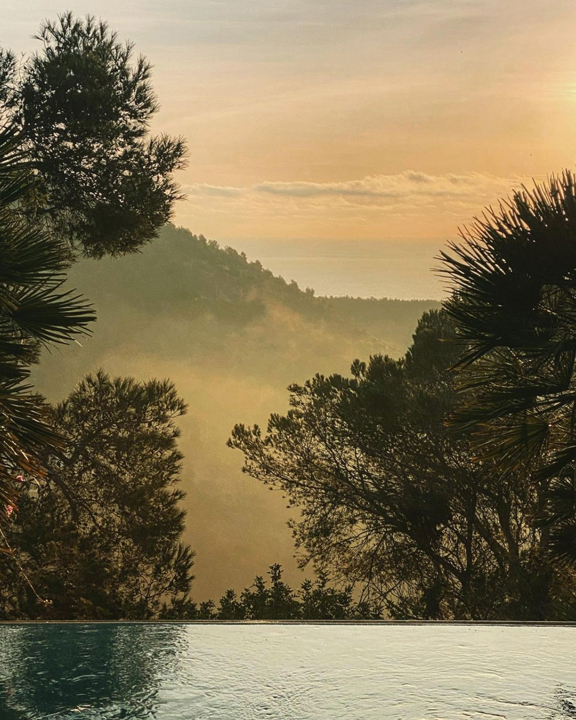
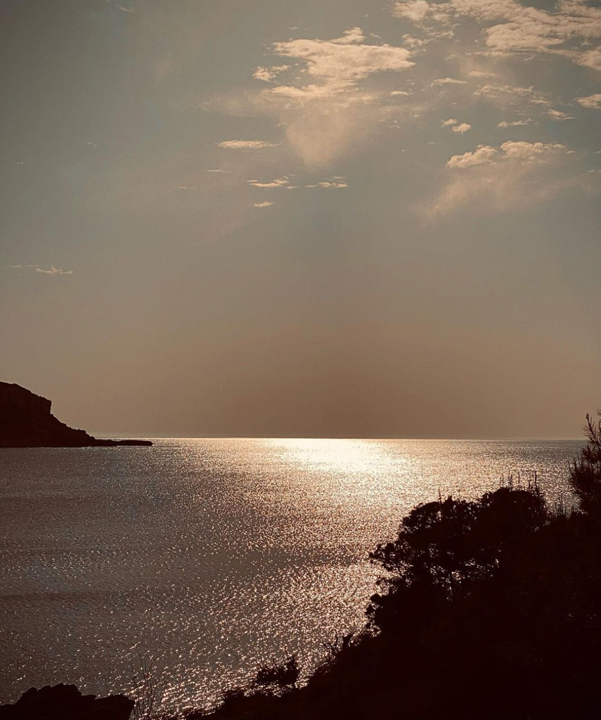
At the beginning of the year, you wrote that the time is right for a new year’s revolution rather than a new year’s resolution….
I’m working on something which we haven’t launched yet and which will be called Karma Revolution. It is going to be the most anti fashion brand I can think of. It’ll all be organic or upcycled fabrics and it’s going to be very much about what we would consider to be political statements.
I see this as an opportunity for us to wear our heart on our sleeves, so you show what you stand for. One of the aims of the brand is to give people the opportunity to express themselves and to start greater communication in the hope that we will reach a better understanding of one another.
Fashion and politics – that reminds me of Katharine Hamnett… how did the combination come about?
I looked at the last two years and I noticed the incredible power of both the pharmaceutical industry and the food manufacturing industry through lobbying. 66% of all antibiotics in the world are sold to the food production industry, which gives us some idea of how sick the food production chain is and just how big this problem is. When we acknowledge what we are eating, we also need to think about the horrific conditions under which we’re producing this food. Absolutely horrific.
So, it should come as no surprise that sickness is part of food production. When I look at the power of both industries I think we’ve got to get a little bit of balance back into this. Karma Revolution is to become a building block for a platform that addresses important issues, fuels discussions and unites like-minded people.
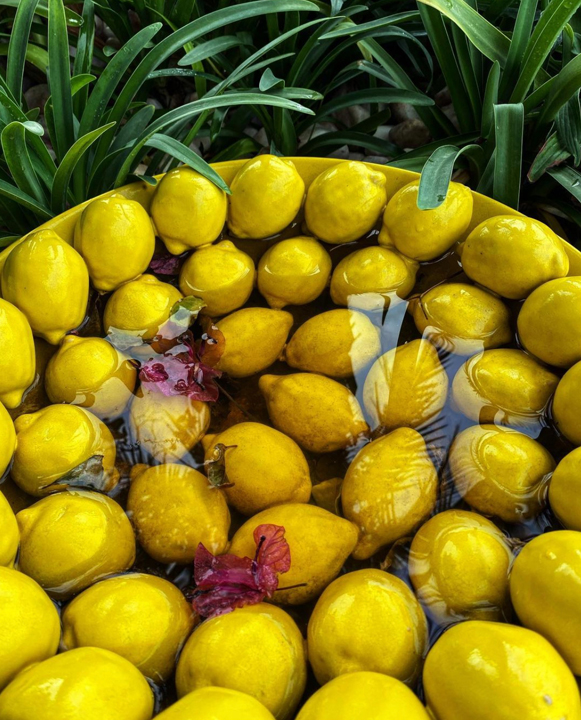
Speaking of political issues, what do you think about people like Roger Hallam, Extinction Rebellion and movements who are really radical?
Well, how radical are they really? If you look at companies like Monsanto, to me this is extremism. So, the established regime want to make sure that a group like Extinction Rebellion is presented to the Average Joe as being extreme and radical. But their stance is just common sense, isn’t it?
I remember contacting Extinction Rebellion after they had caused chaos in London for the first time and asked about their future plans. My question to them was, whether they would form a political party- Because with the way our system is set up, you’ve got to have a political party to get a vote. Their answer was a categorical no, unfortunately.
In general, I’d love to see more of this because our existing political parties have been talking about doing something for decades now, and nothing is changing. I’m a firm believer in empowering the youth because we have empowered the middle aged and the elderly for decades now, and it has done us no good.
Did your perspective on society and politics change dramatically over the last ten years?
No, not at all. I’ve held these opinions for probably about 15 years. At some point when you spend your days gathering information on corrupt politicians, terrorists and money launderers, you’ve got something of a global perspective on what’s happening.
Years ago, I came across Rear Admiral Chris Parry. His responsibility was to look 25 years ahead at what the greatest threats were likely to be to the United Kingdom and to advise prime ministers and the governments on what to plan for.
I remember reading an article about him and thinking, I’ve got to find this guy because his opinions and conclusions were very much in line with mine. I was fortunate enough to meet him when he retired, and we became friends.
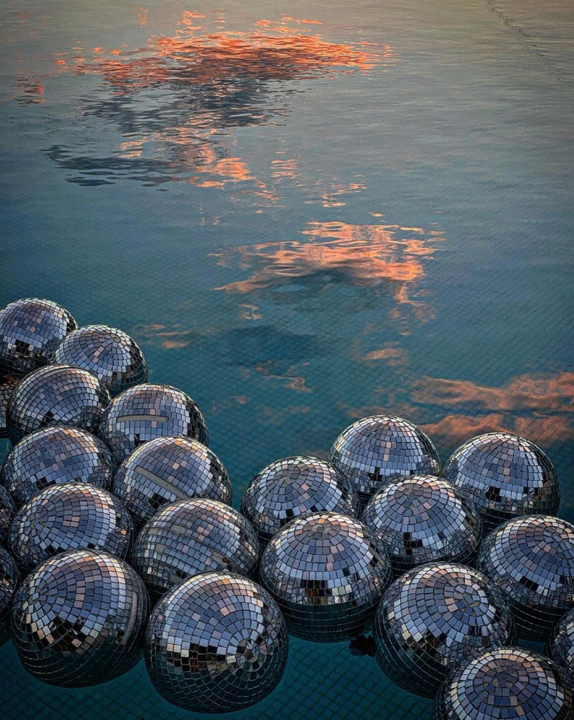
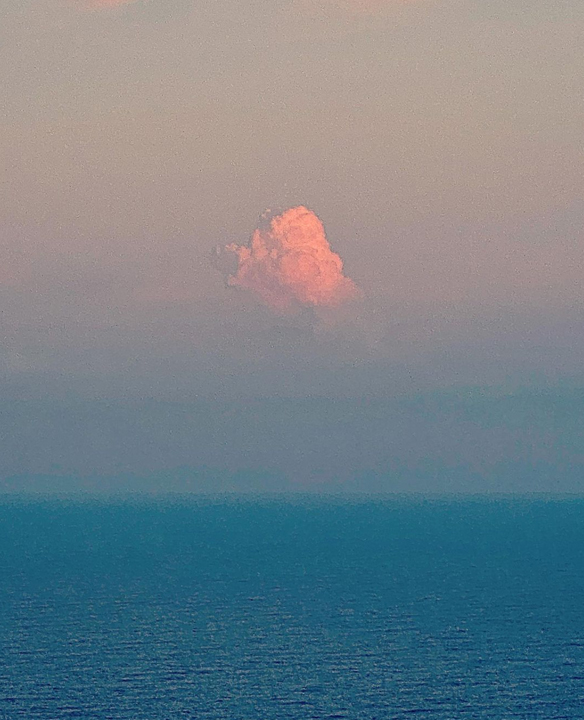
Two like-minded people as far as the long-term perspective is concerned, so to speak?
Yes, but it’s not that hard to recalibrate your own perspective. Take Covid for example. I wasn’t surprised that this virus was making the leap from animal to our species as I experienced decades with Aids, Ebola and several other diseases that have affected us. At least four or five in my lifetime. So that means on average one every eight, nine years.
It’s not so uncommon, when you think about it. Imagine Ebola would have gone the way Covid did. So, we got kind of lucky this time and I say that with utmost respect to all the people who have lost family members.
So, will we soon be back to business as usual?
Not really, I’m afraid, because there is another aspect that we will be confronted with, and to an extent that few people really comprehend at the moment. It’s about the impact of artificial intelligence and automation on employment.
We we will have to face losses of 400 to 800 million jobs worldwide. A recent McKinsey report estimates job losses at this massive level which will turn western societies upside down in a way we’ve never experienced before. I’m not worried about Africa or most of Asia or even South America because they’re at the outset and they’ve still got huge growth. This is going to affect Western Europe and North America tremendously.
Long term I see such change as positive. And here is why: We’ve not developed over the last 200-300,000 years to think that the pinnacle of our species is to operate machines all day. Right now, we are no longer needed as a by-product of machinery. This is great on the one hand, but it’s going to be a very painful transformation on the other.
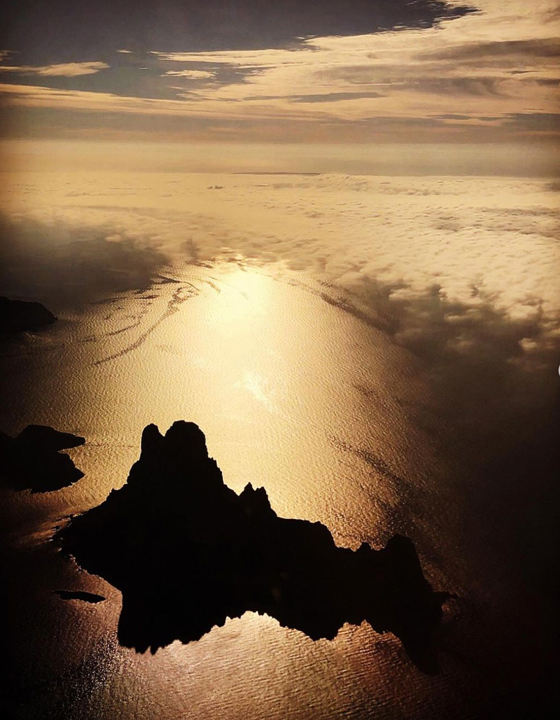
Do you think there is a small chance for our Western societies that some kind of spiritual and intellectual trigger moment will occur after all this disruption?
There’ll be an enormous identity crisis because hundreds of millions of people who followed the script and did what they were told suddenly find that they’re no longer needed. We’ve got to unlearn a lot of the stuff that we’ve been taught. Our entire system is economically, morally and intellectually bankrupt.
Now is the time for us to focus on communities on a much, much smaller scale to have a chance to cope with our future challenges. I believe that possibly the single most important thing for us to be doing over the next 20 years is building community. That’s exactly what I want to tackle here in Ibiza (smiles).
Thank you, David!
(All scenic photos by David Leppan; David was photographed by @SayanaCairo)


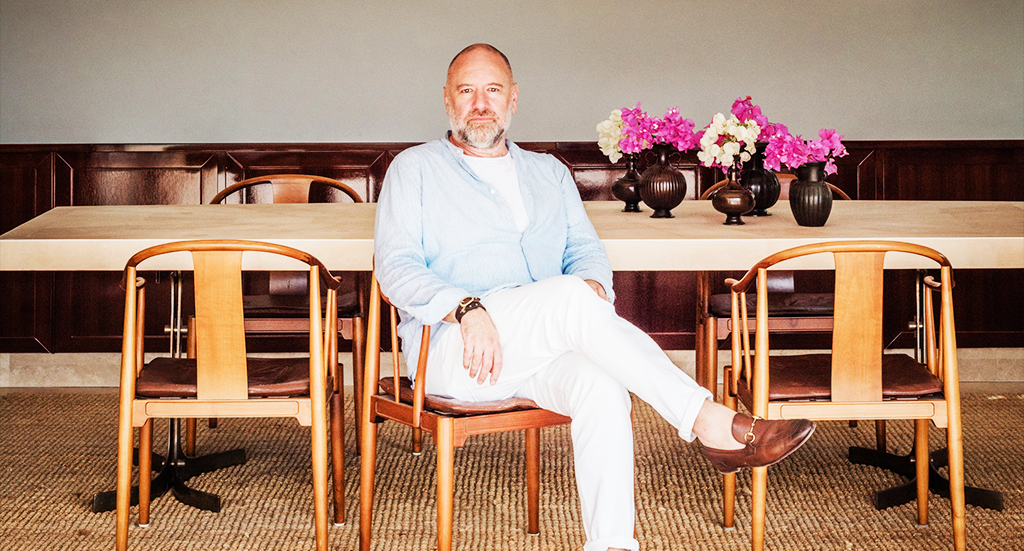
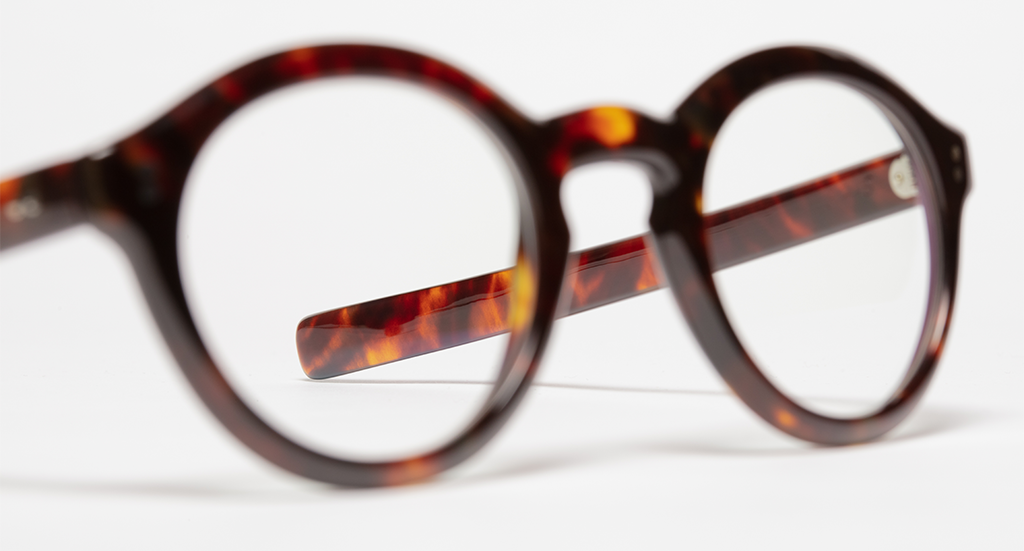
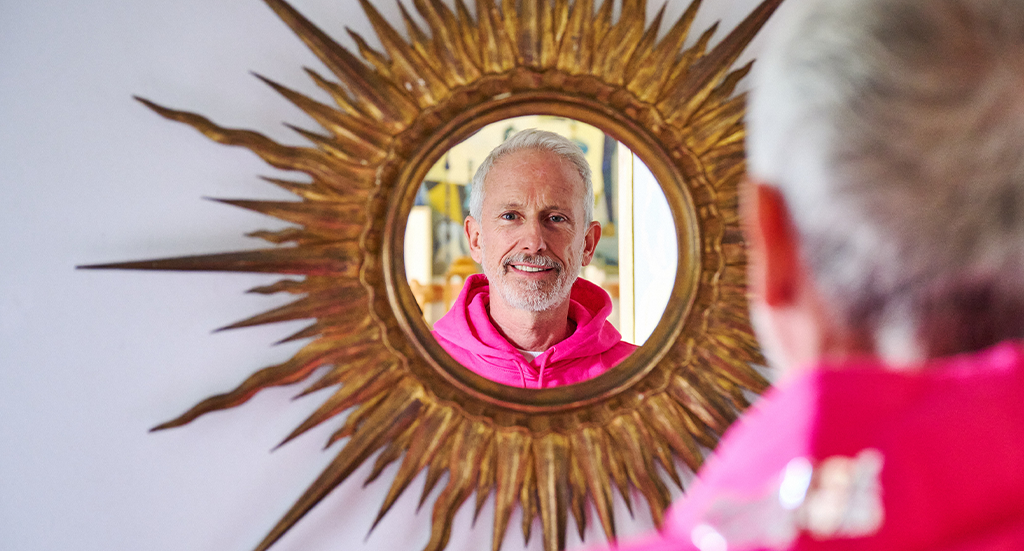
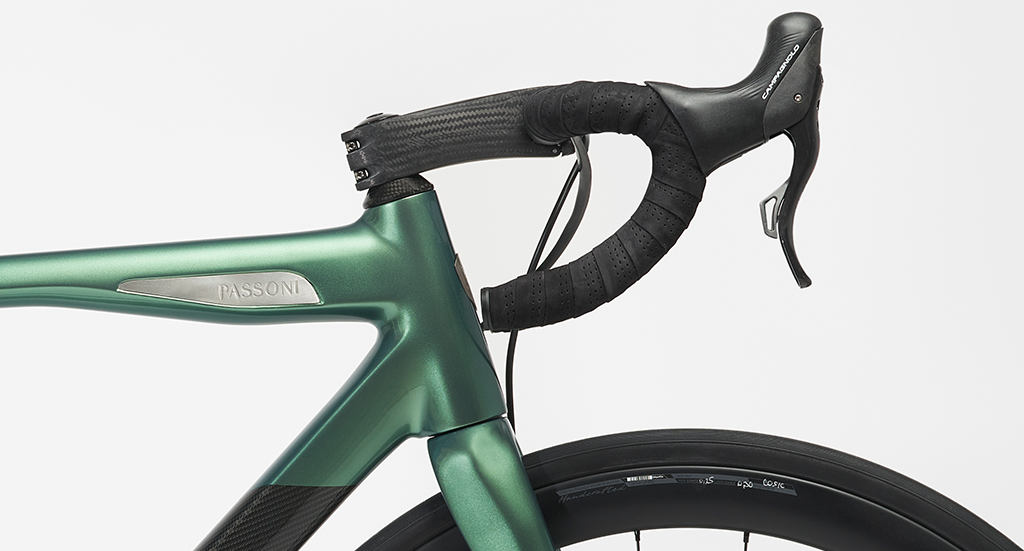
Join our Community